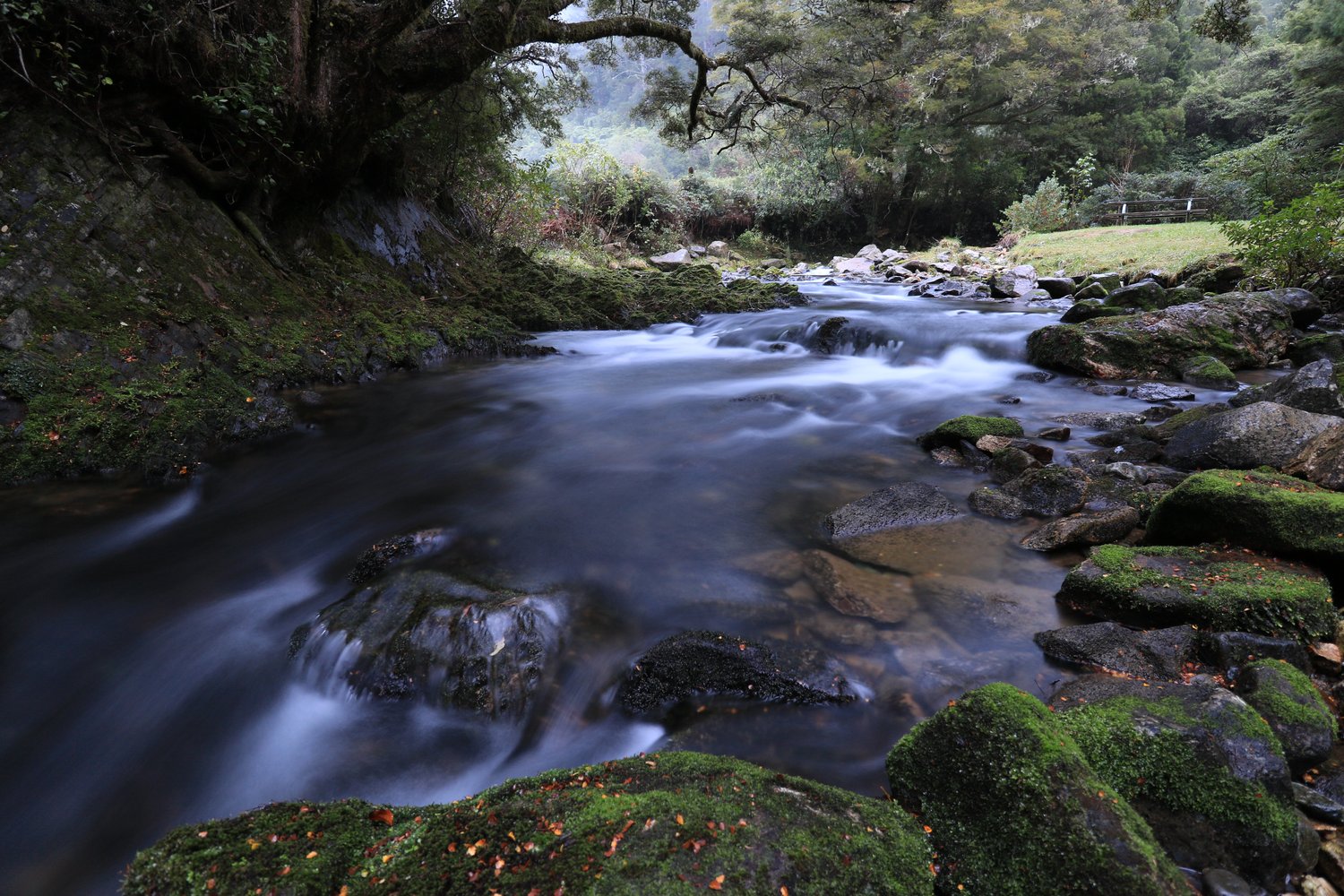Why is our case a private law claim and not a Waitangi Tribunal claim?
The Nelson Tenths case was originally filed with the Waitangi Tribunal as Wai 56. But due to a change in Government policy in 2008, the Crown refused to continue dealing with us as a claimant.
This decision led to our pursuit of a private law claim to fight for justice for the customary Māori owners of the Nelson Tenths Reserves.
These legal proceedings have now been underway for more than 14 years.
Here are the key events surrounding our decision to purse a private legal case:
- In June 1988, Rore Stafford and Hohepa Solomon filed a claim with the Waitangi Tribunal seeking redress for the Crown’s failure to protect and reserve the Nelson Tenths Reserves. It was registered as Wai 56.
- In 2005, Tainui Taranaki iwi and Wakatū Incorporation, kaitiaki of the Tenths, agreed to negotiate claims against the Crown together.
- Although Wai 56 was heard by the Tribunal as part of its wider Te Tauihu settlement enquiries, Wai 56 was a separate claim, seeking a distinct settlement.
- In 2008, a National Government was elected. Chris Finlayson replaced Michael Cullen as Attorney-General. Soon after, the Crown’s policy toward claimant groups changed. The Crown’s new policy was to negotiate settlements of historical claims with ‘large natural groups of tribal interests’, as opposed to individual hapū or whānau groups.
- Wakatū Incorporation – a whānau and hapū-based organisation – was no longer considered by the Crown as part of the mandated body to negotiate Treaty settlements in Te Tauihu.
- In 2008, the Waitangi Tribunal issued the Te Tauihu claims Report. The report found breaches of the principles of the Treaty, including in relation to the Tenths reserves.
- Despite a clear history of our attempts to keep Wai 56 distinct from the other Te Tauihu settlement claims, the Crown’s position was that the Wai 56 claim was included in the wider settlement with iwi.
- In 2009, Wakatū was concerned that the Crown would sign a deed of settlement with the four Tainui Taranaki iwi, but not with Wakatū Incorporation, potentially seeing the Nelson Tenths neglected in any settlement.
- In December 2009, Wakatū returned to the Tribunal for an urgent hearing to try to resolve this disagreement and to fight for Wai 56 to proceed. The Waitangi Tribunal declined to intervene.
- With the Waitangi Tribunal no longer available as an avenue for redress, Wakatū Incorporation had little option but to formulate a legal claim, eventually opting for to proceed with a private law, breach of trust claim that was not barred by the statute of limitations.
- In May 2010, Wakatū filed these proceedings in the High Court and, despite significant obstacles along the way, have continued with litigation to this day.
- In 2017 the Supreme Court ruled in our favour, determining that the Crown had fiduciary duties to the customary Māori owners of the Nelson Tenths Reserves.
- On the matter of our pursuing a private law case, the Supreme Court decision stated:
“The Wai 56 claimants and Wakatū had throughout sought a distinct settlement of the grievances about the tenths reserves and had issued proceedings only when it became clear that expectation would not be met by the Crown.”
- The Supreme Court also ruled that kaumātua Rore Stafford had standing to represent the customary Māori owners. Kaumātua Rore Stafford remains the representative of the customary Māori owners of the Nelson Tenths Reserves in our ongoing battle for justice.

